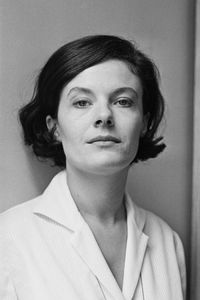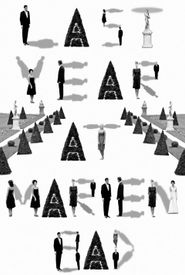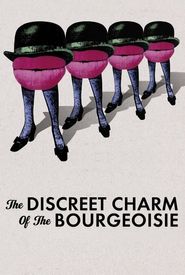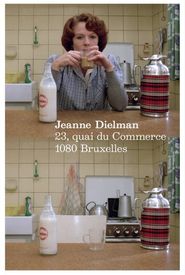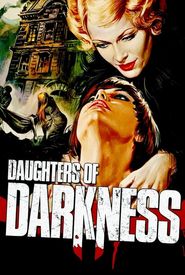Here is the biography of Delphine Seyrig:
Delphine Seyrig was born on April 10, 1932, in Beirut, Lebanon, to an intellectual Protestant family. Her father, Henri Seyrig, was the director of the Archaeological Institute and later France's cultural attaché in New York during World War II. Her mother, Hermine De Saussure, was an adept of Rousseau's theories and a female sailing pioneer. Delphine had a brother, Francis Seyrig, who would become a successful composer.
Delphine was a rebellious child and never a good student. She decided to quit school at the age of 17 to pursue a stage career. Her father gave her his approval on the condition that she would do it with seriousness and dedication. She took courses in Dramatic Arts with some illustrious teachers, including Roger Blin, Pierre Bertin, and Tania Balachova.
Delphine's stage debut came in 1952 in a production of Louis Ducreux's musical "L'Amour en Papier." She then appeared in "Le Jardin du Roi" and "Tessa, la nymphe au Coeur fidèle." Jean Dasté was the first director to offer her a couple of parts that would truly showcase her talents: Ariel in Shakespeare's "The Tempest" and Chérubin in Beaumarchais' "The Marriage of Figaro."
In 1956, Delphine decided to sail for America along with her husband, Jack Youngerman, a painter she had married in Paris, and their son, Duncan. She tried to enter the Actor's Studio but failed the admittance test. She would spend three years as an observer and attend Lee Strasberg's classes.
Delphine's next film project came in 1961 when she was reunited with director Alain Resnais for the superb "Muriel." She wore some makeup that made her look plainer and older, and Delphine gave a first sample of her chameleon-like abilities and one of her most spectacular performances ever as Hélène Aughain, an apparently absent-minded, but actually very tragic antique shop dealer who tries to reshape her squalid present in order to get even with a past made of shame and humiliation.
In 1967, Delphine appeared in Joseph Losey's excellent "Accident" alongside Dirk Bogarde. She also appeared in Marguerite Duras' "La Musica," which won her the "Étoile de Cristal" award. The same year, she declined the leading female role in "The Swimming Pool" because she didn't see anything interesting about it; this despite strong soliciting from her close friend Jean Rochefort.
In 1969, Delphine appeared in Luis Buñuel's surrealist masterpiece, "The Discreet Charm of the Bourgeoisie." As the adulterous Simone Thévenot, she managed to give the star turn in a flawless cast. The movie won the Oscar for Best Foreign Language Film.
In 1970, Delphine appeared in a couple of star-studded productions: she gave a brief but memorably moving performance in Fred Zinnemann's "The Day of the Jackal" as a French woman who makes the fatal mistake of falling for Edward Fox's ruthless killer. She also appeared in Losey's disappointing "A Doll's House" opposite a badly miscast Jane Fonda.
In 1971, Delphine appeared in Chantal Akerman's three-hour minimalist masterpiece, "Jeanne Dielman, 23, quai du Commerce, 1080 Bruxelles." The movie can be considered a filmed example of "Nouveau Roman": every moment of Jeanne's day is presented almost real-time, and every gesture has a precise meaning, like Jeanne's inability of putting her life together being expressed by her inability of making a decent coffee or putting buttons back on a shirt.
In 1975, Delphine appeared in Duras' "India Song," where she danced in the drawing room of the French embassy in Calcutta. She also appeared in Mario Monicelli's "Caro Michele." In 1976, she directed a short film, "Scum Manifesto," where she read the Valerie Solanas text by the same name.
In 1977, Delphine appeared in Baxter, Vera Baxter, where she played the drug-addicted ex-wife of a director (a typically outstanding Jean-Louis Trintignant) who summons her along with two other actresses to shoot a film version of "The Three Sisters." She was again nominated for a César, but the sentimentality factor played in favor of Simone Signoret's performance in Moshé Mizrahi's award-winning "Madame Rosa."
In the 1980s, Delphine appeared in three stage plays that were later filmed: "La Bête dans la Jungle," "Letters Home," and
